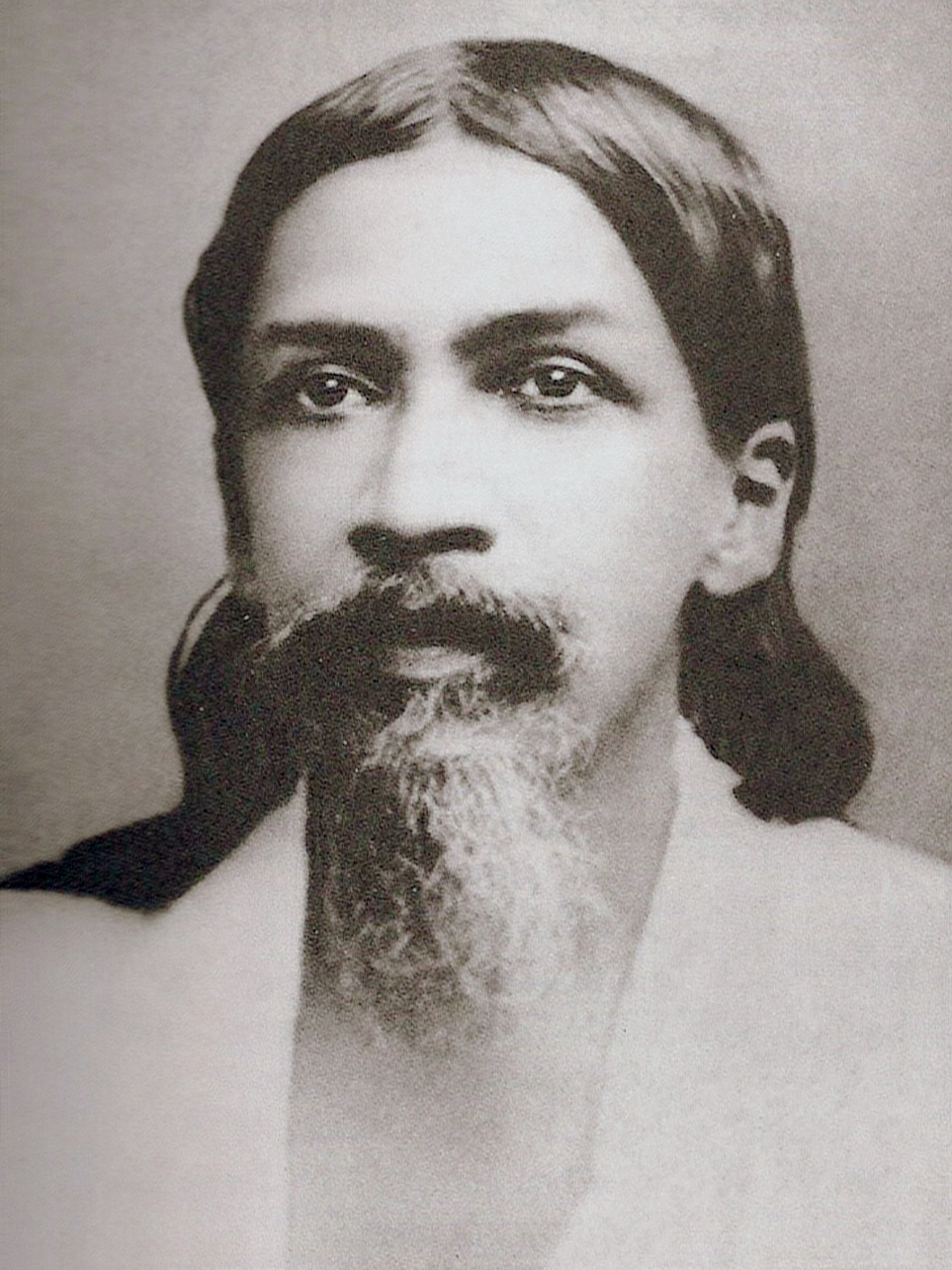Early 1900s, Centenary Edition of Sri Aurobindo's works (Sri Aurobindo Ashram, Pondicherry, 1972) 3.125-127
India's Rebirth
Sri Aurobindo Quotes
Thoughts and Aphorisms (1913), Jnana
Thoughts and Aphorisms (1913), Bhakti
The Uttarpara Address (1909)
“Rather hang thyself than belong to the horde of successful imitators.”
Thoughts and Aphorisms (1913), Karma
August, 1917
India's Rebirth
Thoughts and Aphorisms (1913), Karma
March 26, 1910
India's Rebirth
1910-1912
India's Rebirth
“O Thou that lovest, strike! If Thou strike me not now, I shall know that Thou lov'st me not.”
Thoughts and Aphorisms (1913), Jnana
“Escape brings not the victory and the crown!”
Savitri (1918-1950), Book Three : The Book of the Divine Mother
Thoughts and Glimpses (1916-17)
Savitri (1918-1950), Book One : The Book Of Beginnings
Indian Spirituality and Life (1919)
Thoughts and Aphorisms (1913), Karma
“Delight is the secret. Learn of pure delight and thou shalt learn of God.”
Thoughts and Glimpses (1916-17)
Thoughts and Aphorisms (1913), Jnana
Savitri (1918-1950), Book Two : The Book of the Traveller of the Worlds
Thoughts and Aphorisms (1913), Jnana
7 August 1893
New Lamps for Old (1893)
May, 1916
India's Rebirth
The Uttarpara Address (1909)
August 30, 1932
India's Rebirth
Thoughts and Aphorisms (1913), Jnana
May 18, 1926
India's Rebirth
The Renaissance in India (1918)
Thoughts and Aphorisms (1913), Jnana
The Foundations of Indian Culture (1953), p. 31
July 18, 1948 (From a letter.)
India's Rebirth
Bhawani Mandir, 1905
India's Rebirth
The Renaissance in India (1918)
December, 1918
India's Rebirth
Thoughts and Aphorisms (1913), Bhakti
Thoughts and Glimpses (1916-17)
17 July 1909
India's Rebirth
Undated
India's Rebirth
4 December 1893
New Lamps for Old (1893)
September 13, 1936
India's Rebirth
